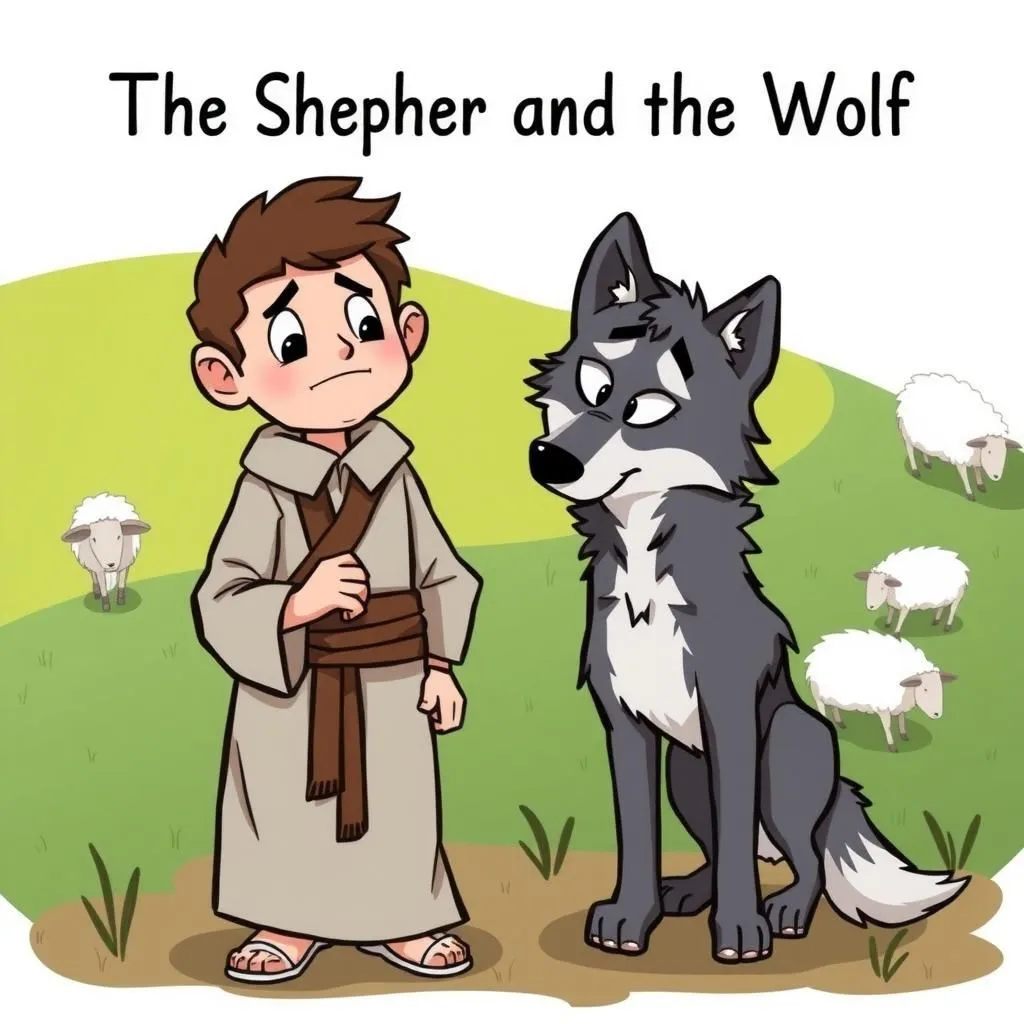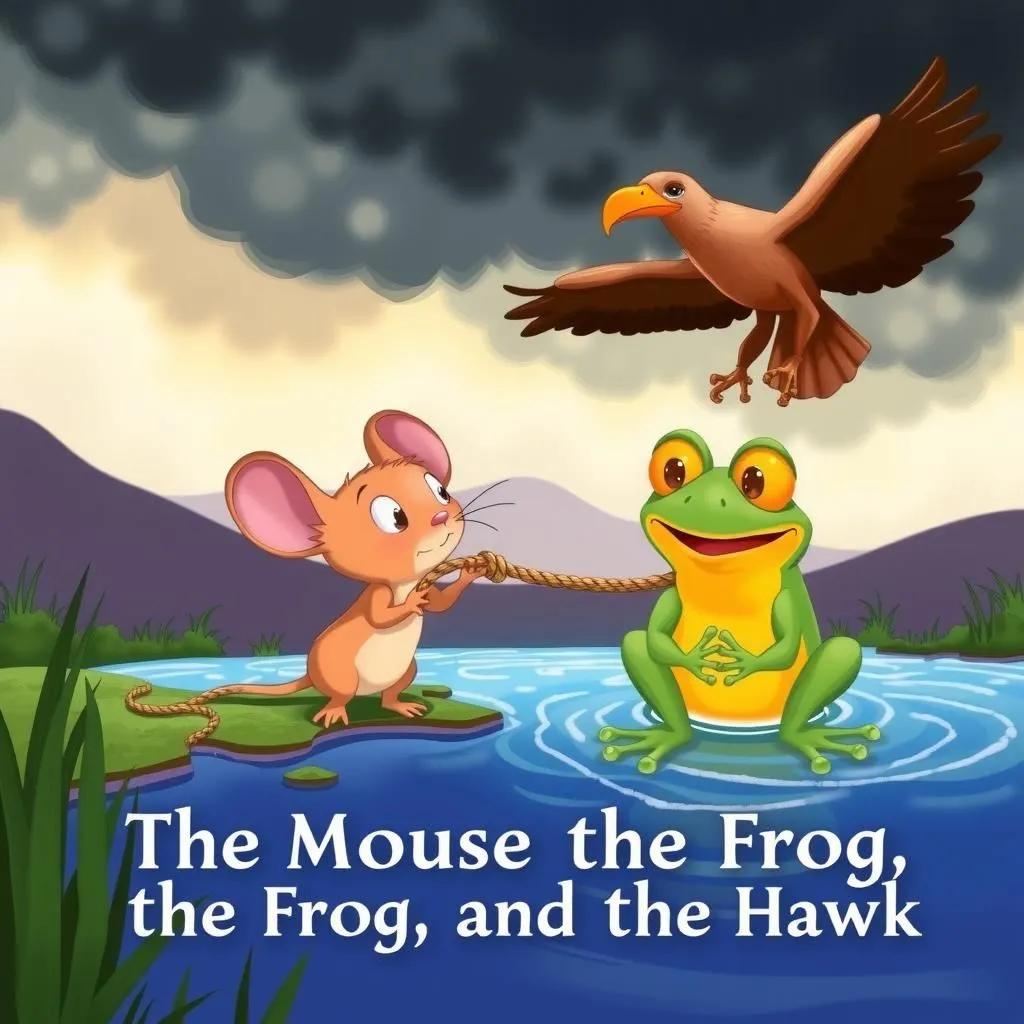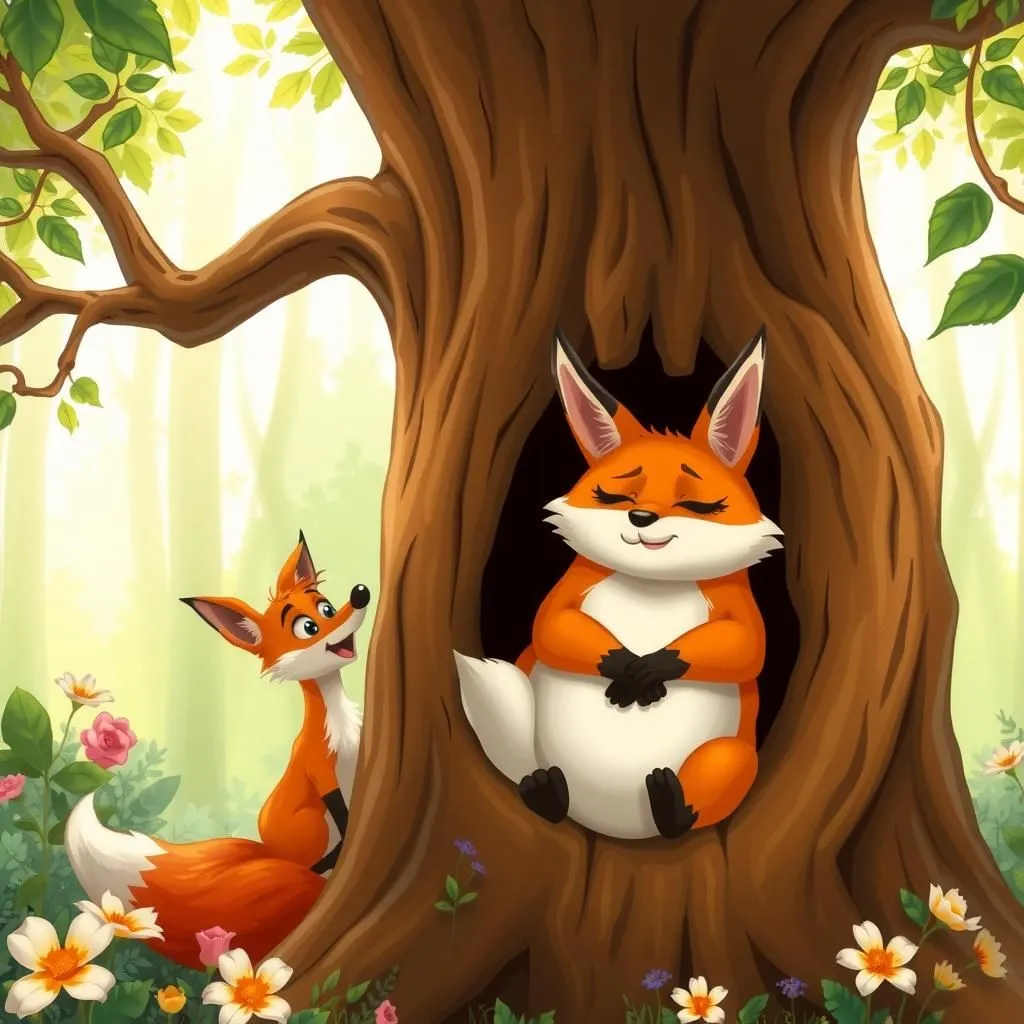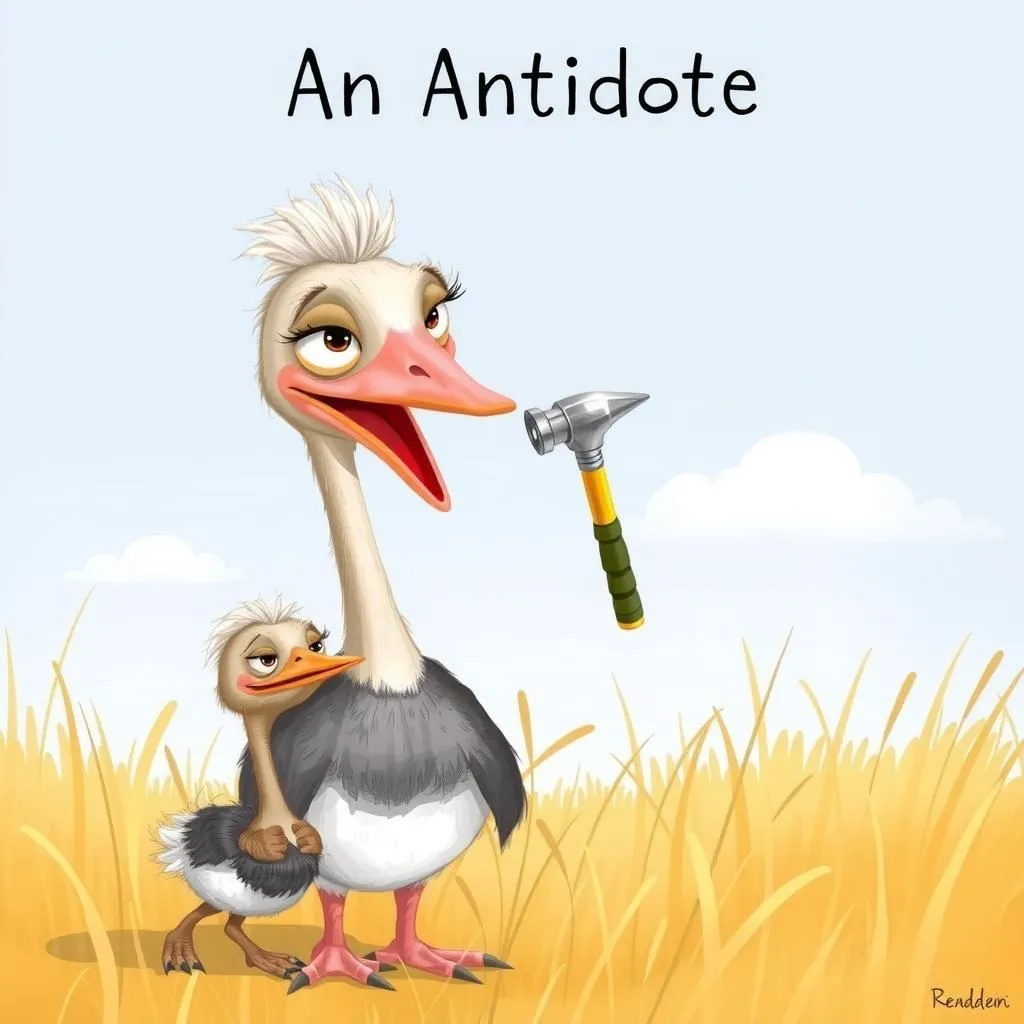
The Shepherd and the Wolf
In this thought-provoking moral story, a shepherd raises a wolf cub and teaches it to steal lambs from nearby flocks. As the wolf becomes adept at thievery, it warns the shepherd that his own teachings may lead to his downfall, highlighting the unexpected consequences of one's actions. This tale is a powerful addition to short story collections with moral lessons, showcasing the importance of being mindful of the values we instill.


